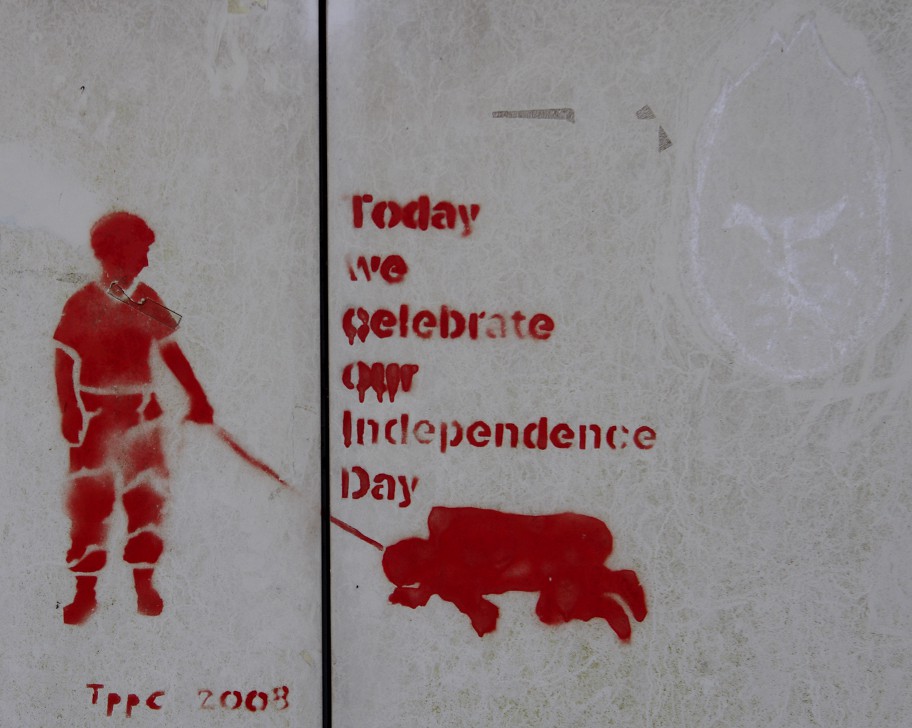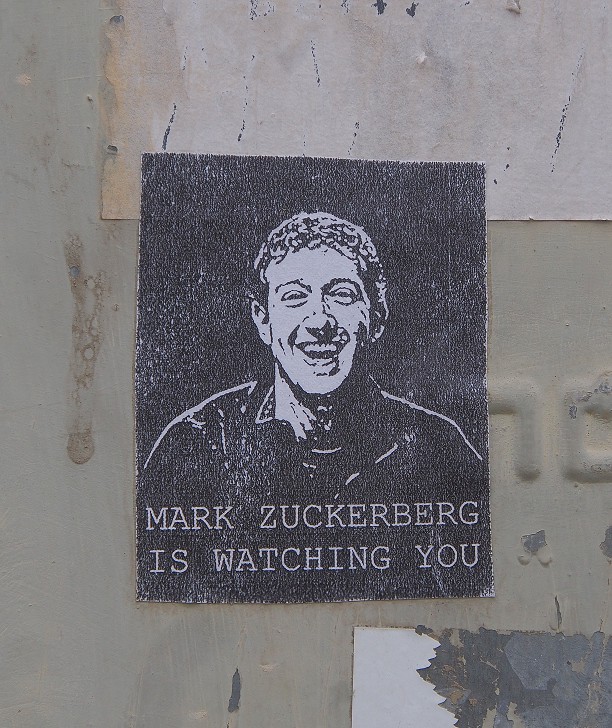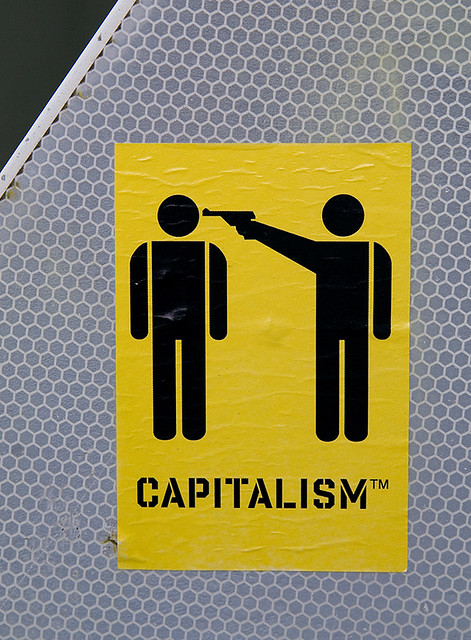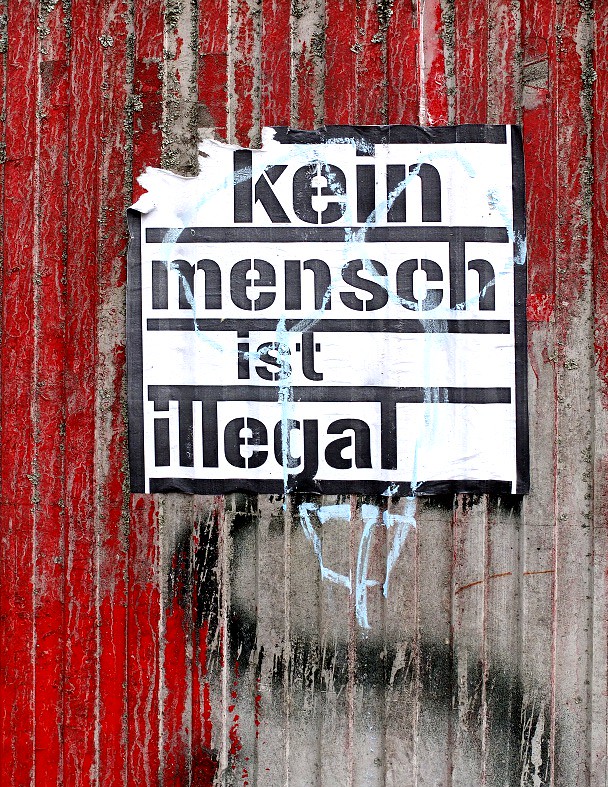I just wanted to point out, that is was dark grey, but not all black. We are getting side-tracked here So I propose to continue to discuss this via PM or on a separate thread. This has just the feel of a can of worms as too many bad things happened and I am afraid that the rational level of discussion could be quickly left behind. I am ready to give it a try, but would prefer to discuss this after my initial question was answered.
Well, I had better look at my previous answers then. I didn't realize there was a gap!
This is right, but I have the impression that this lesson is learnt. There are also other nations standing on a high moral ground having similar issues...
You mentioned The Hague, the list of nations who ratified the treaty is impressive, but it is also interesting to see who is missing on
the list.
Well, Michael, why should one join one's own execution celebration? There's a major discrimination as to where outrage is expressed. This selective protest and disgust is the reason why the United Nations and the Hague cannot be trusted, as yet. We have no arrest warrants for massacres in Syria, but doubtless there would be long lists for US, Russian and Israeli generals. We have no mass protests for 80,000 deaths in Syria and millions of displaced people in Darfur and countless massacres. The "progressive" dominated U.N. General Assembly sets the stage for distrust of their impartiality.
Still, the fact that The court of the Hague exists is a major advance for humanity.
Also getting side-tracked here.
Word art can be esthetic in itself, like "SEX" or "SCREW". There's shock, effrontery and humor all in one glance. Add to that contrasting color, that can be impressive art. However, I don't think "keine mensch ist illegal" are not just such fun words of a catchy slogan for fun. The very idea of man being of a lesser value or equal value is steeped in discussion, political movements, social protest, literature and hopes for our civilizations.
The concept of "other" in all it's forms, ("illegal", refugee, displaced person, stateless, gypsy, minority, non-muslim, non-christian, non-Jew, non Hindu, non-party member and the like), denotes stratification of humanity. This results in an elite, recognized as "legal", with all "The rights of Man" and the "other" serves them and exists at their tolerant pleasure with less power, privilege and rights.
The keywords are law and accountability. If there are no restrictions like laws, no respect of human rights and no accountability, there is not much motivation to act morally except the individual standards which can vary a lot.
Exactly. We demand of the Chinese to have safe practices for their workers and we have the leverage as we can stop manufacture there or not buy their goods.
Now to the initial assertion and question that sparked the discussion.
Please explain the juxtaposition you chose here and the reason for the expression 'ill-fated'.
We have the capability to look back on the lives of the great orators who helped direct and modulate the process of the French Revolution, but what happened was more than a tragic ending for them under the guillotine. It was a journey of evil fate. The use of death as the solution to the privileged of the past provided the evil tools to consume the powerful of the revolution itself. The currency of a duel was paid in death. So the game was a roulette where the prize was continued life or violent death. That's not tragic, that's evil.
Have I answered as of yet?
Asher











